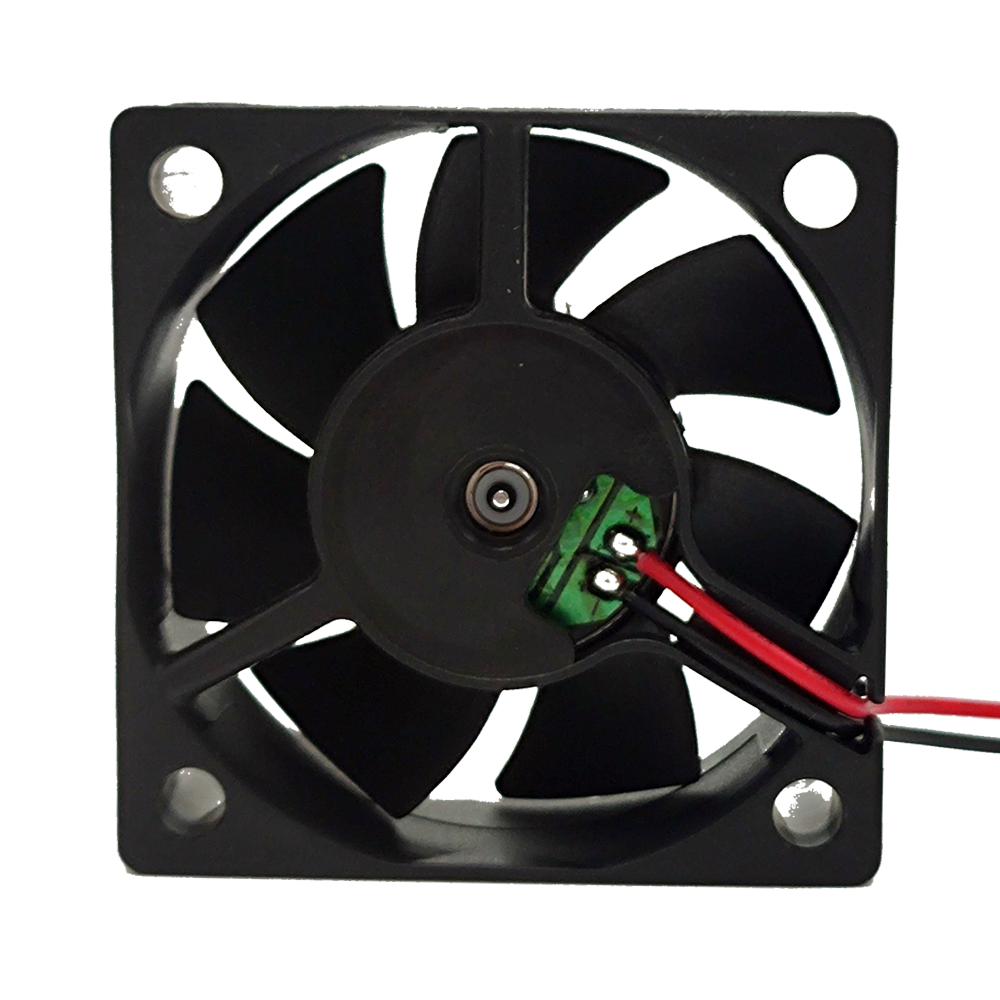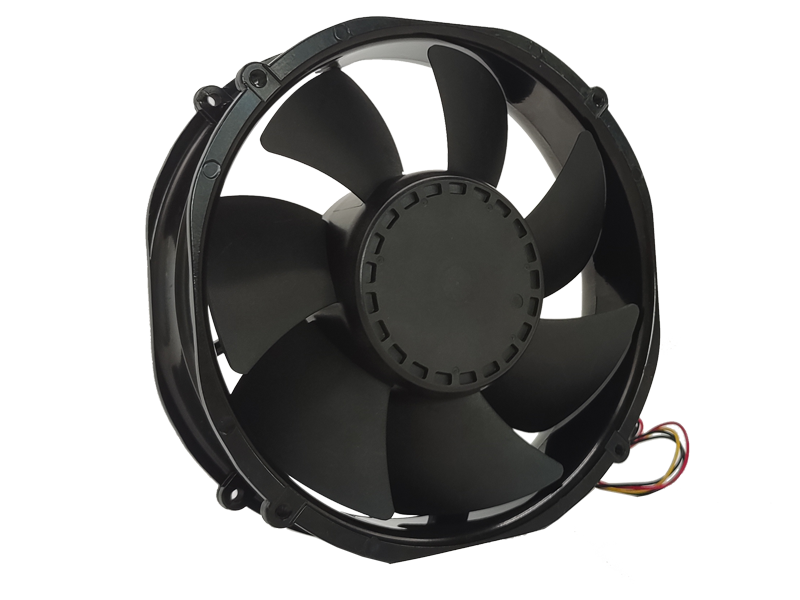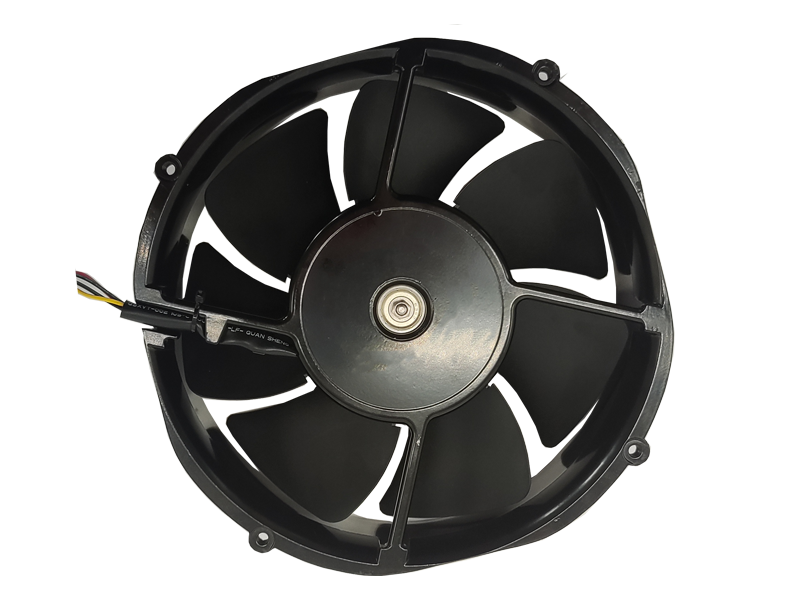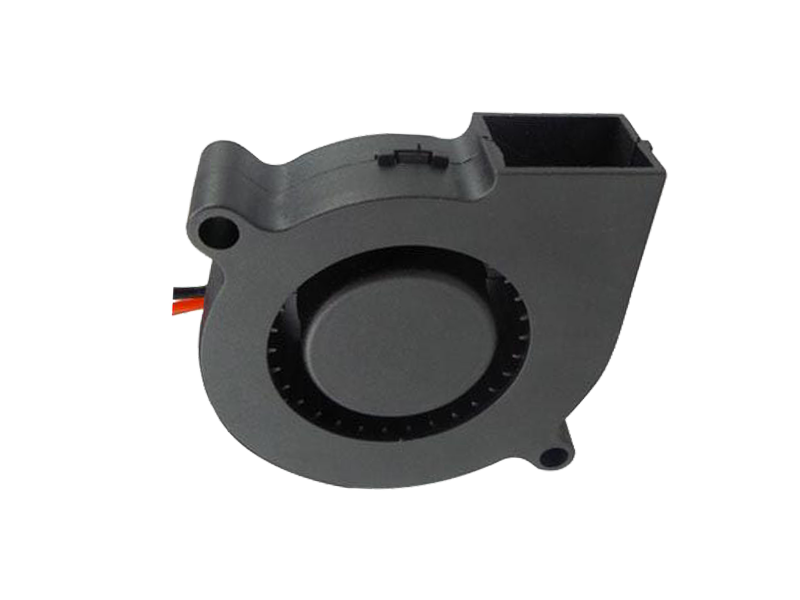The significance of cooling fans in various industrial, commercial, and residential settings cannot be overstated, as they are essential for managing thermal loads and ensuring the efficient operation of equipment and systems. With the global focus on sustainability, the role of cooling fans in energy conservation, emissions reduction, and sustainable development has become increasingly important. This article delves into the impact of cooling fan technology on energy saving, emissions reduction, and sustainable development, highlighting innovative approaches and strategies that have contributed to these objectives.
Energy-Efficient Design and Operation
Advancements in cooling fan technology have led to the development of energy-efficient designs and operation strategies aimed at reducing power consumption while maintaining optimal cooling performance. Through the use of advanced materials, aerodynamic optimization, and computational fluid dynamics (CFD) simulations, manufacturers have been able to enhance the efficiency of fan blades and housing, resulting in improved airflow and heat dissipation. This has not only led to energy savings but has also contributed to reduced carbon emissions associated with energy production, aligning with sustainability goals.
Integration of Renewable Energy Sources
In line with the global shift towards renewable energy, the integration of cooling fan systems with renewable energy sources has emerged as a key strategy for reducing reliance on traditional power grids and mitigating environmental impact. Solar-powered cooling fans, for example, harness energy from the sun to drive fan operation, thereby reducing the demand for grid-supplied electricity and lowering carbon emissions. Additionally, the coupling of cooling fans with wind or geothermal energy further contributes to sustainable development by promoting the use of clean, renewable energy for cooling applications.
Smart Control and Monitoring for Energy Optimization
The implementation of smart control and monitoring systems has revolutionized the energy optimization of cooling fans, enabling adaptive and responsive operation based on real-time conditions. By leveraging IoT (Internet of Things) technology, temperature sensors, and predictive algorithms, cooling fan systems can dynamically adjust their speed and cooling output to match the specific thermal requirements, thereby minimizing energy wastage. Furthermore, remote monitoring and control capabilities facilitate proactive maintenance and performance optimization, ensuring sustained energy savings and emissions reduction over the operational lifespan of cooling fan systems.
Lifecycle Assessment and Circular Economy Principles
The adoption of lifecycle assessment (LCA) methodologies and circular economy principles has become instrumental in promoting sustainable development within the cooling fan industry. Manufacturers are increasingly focused on evaluating the environmental impact of cooling fan systems throughout their lifecycle, from raw material extraction and production to use and end-of-life disposal. By embracing principles of product longevity, reusability, and recyclability, the industry is working towards minimizing waste generation, conserving resources, and reducing the ecological footprint of cooling fan systems, thus promoting sustainable and responsible practices.

Collaborative Industry Initiatives and Standards
Industry-wide collaboration and the establishment of energy efficiency standards have played a pivotal role in driving sustainable development within the cooling fan sector. Through initiatives such as energy labeling programs, voluntary agreements, and industry-led research consortia, stakeholders are working together to promote the development and adoption of energy-efficient cooling fan technologies. Moreover, the alignment with international standards and regulations ensures that cooling fan systems meet stringent energy performance criteria, contributing to global efforts aimed at reducing energy consumption and emissions across diverse applications.
Conclusion
In conclusion, the evolution of cooling fan technology has significantly contributed to energy saving, emissions reduction, and sustainable development across various sectors. Through energy-efficient design, integration with renewable energy sources, smart control and monitoring, lifecycle assessment, and collaborative industry initiatives, the cooling fan industry is actively advancing sustainable practices and contributing to global environmental objectives. As the demand for eco-friendly and energy-efficient solutions continues to grow, the ongoing innovation and adoption of these sustainable strategies will be crucial in shaping a more sustainable and resilient future for cooling fan technology.
Recommended Products

The main purpose:Car charging station

The main purpose:Car charging station

The main purpose:Electronic refrigerators, water dispensers, direct drinking machines, inverter power supplies
Address:No. 4137, Longgang Avenue (Henggang Section), Henggang Community, Henggang Street, Longgang District, Shenzhen
hotline:13530005572(Chen)15112579390(Li)


Welcome all friends to come for consultation and negotiation.
Copyright 2024 @ Shenzhen Youneng Xinyuan Electronics Co., Ltd.,(industrial fans,industrial blowers,axial fans,cooling fans manufacturer,centrifugal fans,ac cooling fans,dc cooling fans)